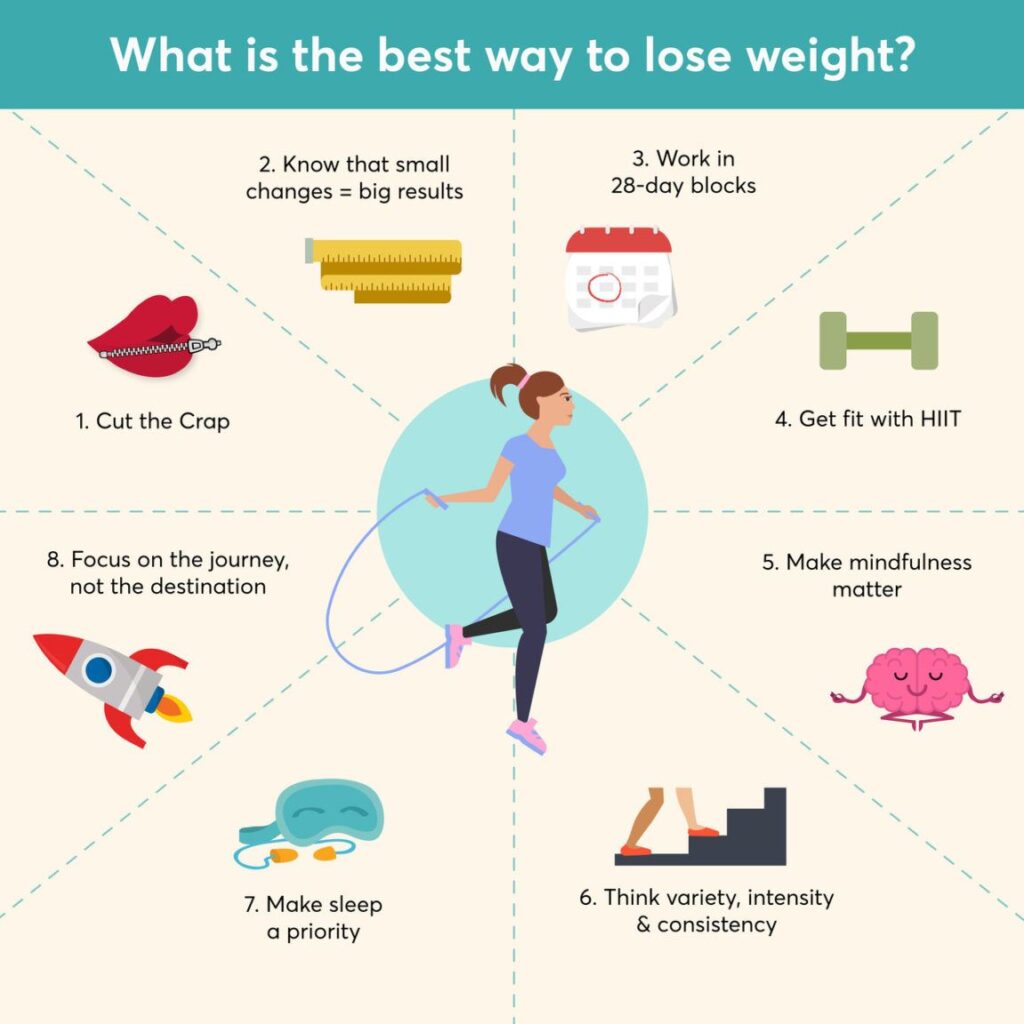While many people believe coffee is bad for your health, there are a few benefits of drinking it on a daily basis. It contains antioxidants and other active substances that can improve your health. While it is not recommended to drink coffee every day, it is best to limit your intake to four 8 ounce cups per day. While coffee is not necessarily bad for your health, it is important to understand the proper drinking habits when it comes to this beverage.
As far as health benefits are concerned, there are a few things you need to be aware of. First of all, coffee has a high caffeine content, which can cause stomach ulcers and heartburn. Additionally, if you drink too much coffee, you can cause health problems like gout, heartburn, and ulcers. Studies done decades ago compared heavy coffee drinkers with non-drinkers and concluded that coffee drinkers were less likely to suffer from these problems than those who did not consume the beverage.
The truth is that drinking coffee is not all bad for you. While it may contain high levels of caffeine, it also contains vitamins and minerals. Potassium is essential for healthy heartbeat, supporting muscle function, and helping maintain a healthy heart and bones. But coffee can be harmful for your health. Various factors contribute to poor health, and studies show that coffee consumption can increase the risk of enuresis, bedwetting, and cardiovascular disease.
One study shows that coffee can raise blood pressure in people with high blood pressure and diabetes. In addition, coffee can cause insomnia and indigestion. Even though it increases blood pressure, it isn’t the only risk factor. It is important to limit how much you drink based on the individual circumstances. In addition, you should be aware of other factors that can lead to heart problems and other health problems. So, it’s best to avoid drinking too much coffee unless you absolutely need to.
It’s important to limit your intake of coffee if you want to benefit from its benefits. But be careful when choosing your coffee. While it’s important to have a daily supply, you should also watch what goes into it. Adding sugar or cream is not beneficial. These ingredients spike blood sugar and increase your risk of diabetes, heart disease, and bone fractures. So, if you’re still not sure whether or not it’s good for you, then try switching to a different kind of coffee.
There are some benefits of coffee, such as energy boosting, antioxidants, and a reduced risk of heart disease. But be aware that there are some risks as well. Several studies have found that coffee can increase the risk of some diseases and conditions, so it’s best to drink moderate amounts of it. However, the best way to avoid a caffeine high is to reduce the amount of caffeine in your coffee. For example, if you’re sensitive to milk, sugar, and caffeine, avoid drinking it until you’re in your 50s.
Drinking coffee in moderation is not bad for you. It can give you a boost of energy and vital nutrients, but too much coffee can make it unhealthy for you. The same goes for adding too much sugar to your coffee. Depending on the brand, you may want to avoid caffeine altogether. But if you’re looking for a healthy alternative, consider a different type of coffee. You can also drink it with sugar.
As you can see, coffee is not the only beverage that can be harmful to your health. There are some benefits. It can lower your risk of developing heart disease, which is the number one cause of death for men. The higher your coffee intake, the more benefits it will give you. The best coffees are rich in antioxidants. It will also help prevent bone fractures, and is a good way to increase your metabolism.
According to research, coffee is not bad for your health. In fact, it can have many positive effects. Regular consumption of coffee can reduce your risk of developing conditions such as type 2 diabetes and Parkinson’s disease. Depending on your age and lifestyle, it can be beneficial to your health. It is also important to remember that coffee is high in caffeine, which is an additive. It increases your risk of bone fractures and is a great source of calcium and magnesium.
















